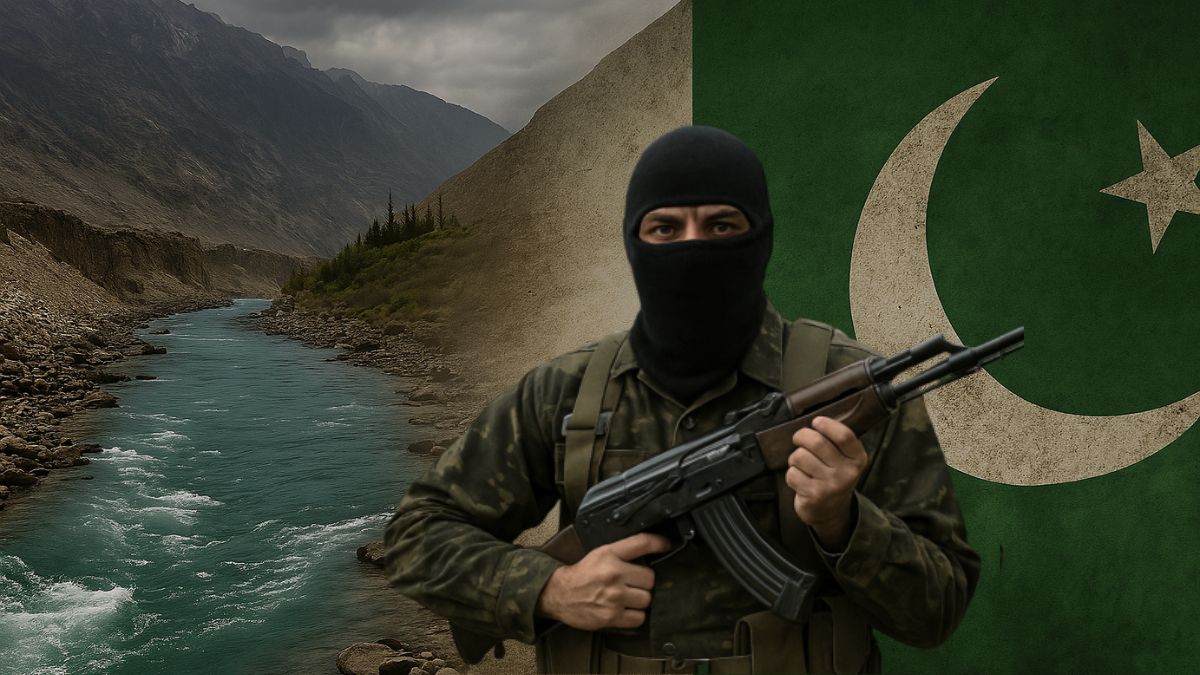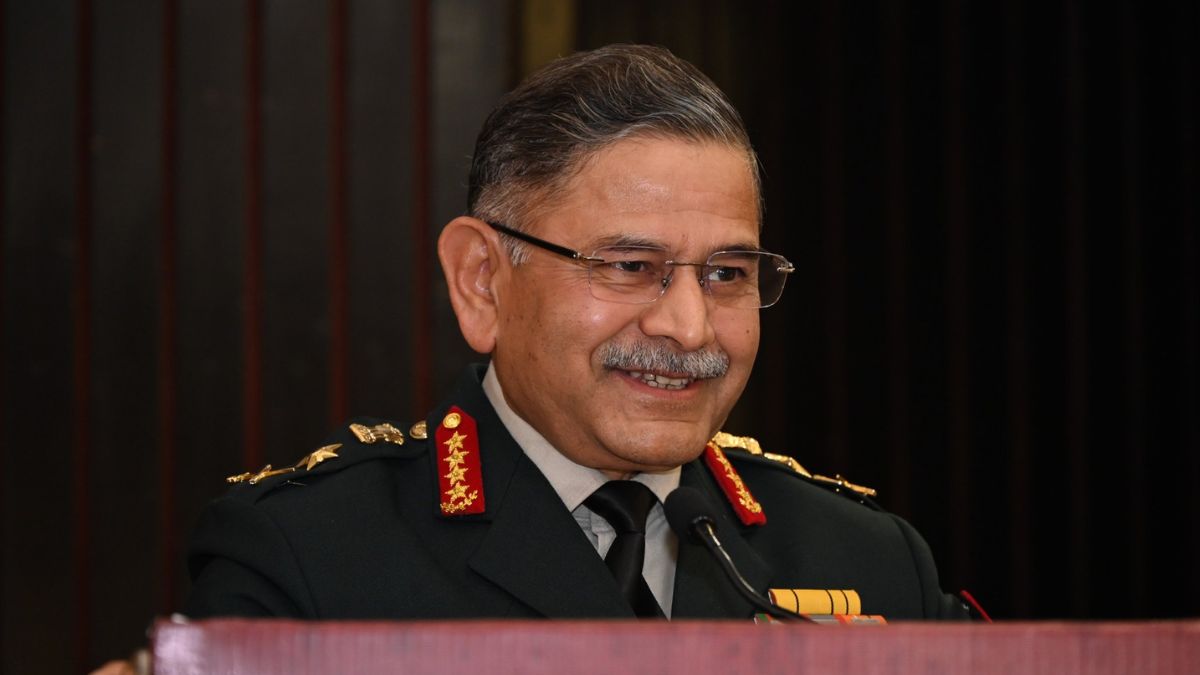Pakistan Warned Of Possible Floods Under Indus Waters Treaty, First Contact With India Since Operation Sindoor

Image courtesy: AI-generated picture via DALL-E
India has formally reached out to Pakistan under the Indus Waters Treaty (IWT) after months of silence since the May military standoff, official sources said on Monday (August 25).
New Delhi had shared details of a potential major flood threat in the Tawi River at Jammu with Pakistani authorities. The alert was conveyed through the Indian High Commission in Islamabad on Sunday (August 24), after which Pakistani officials issued warnings based on the information provided, GeoTV reported citing sources.
This marks the first such engagement between the two sides since Operation Sindoor in May this year, triggered by the killing of 26 people in a terror attack at Pahalgam in Jammu and Kashmir in April. Pakistan-based terror outfit The Resistance Force (TRF), an offshoot of the Lashkar-e-Taiba (LeT) was behind the attack.
RNA could not independently verify the report on contact between New Delhi and Islamabad.
What is the Indus Waters Treaty?
Signed in 1960 with World Bank mediation, the IWT divides the Indus basin between the two neighbours. India was allocated the eastern rivers—Sutlej, Beas and Ravi—while Pakistan was given rights over the western rivers—Indus, Jhelum and Chenab.
The treaty obliges both countries to share hydrological data and flood warnings. It has survived several wars and crises, functioning as one of the few mechanisms of engagement even during strained ties.
Why did India put the treaty in abeyance?
After the Pahalgam attack, New Delhi announced it would put the treaty in abeyance until Pakistan “credibly and irreversibly abjures cross-border terrorism.” This move allows India to suspend the sharing of information and data on river flows and flooding, as well as obligations related to minimum water releases in the lean season.
India has repeatedly argued that Pakistan uses treaty provisions to delay Indian hydropower projects such as Kishanganga and Ratle, even though they comply with the treaty’s terms. New Delhi has also considered modifying the pact to avoid prolonged legal disputes.
How has Pakistan responded?
Islamabad insists the IWT is a binding international agreement and says no unilateral suspension is possible. Pakistani farmer unions and research bodies have expressed concern about erratic water supplies, warning of risks to agriculture, food prices, and rural livelihoods.
Pakistani officials have claimed that any attempt to stop or divert water could amount to an “act of war.” India has dismissed such rhetoric, stating that it continues to comply with treaty provisions while also reserving the right to use its share of waters fully.







